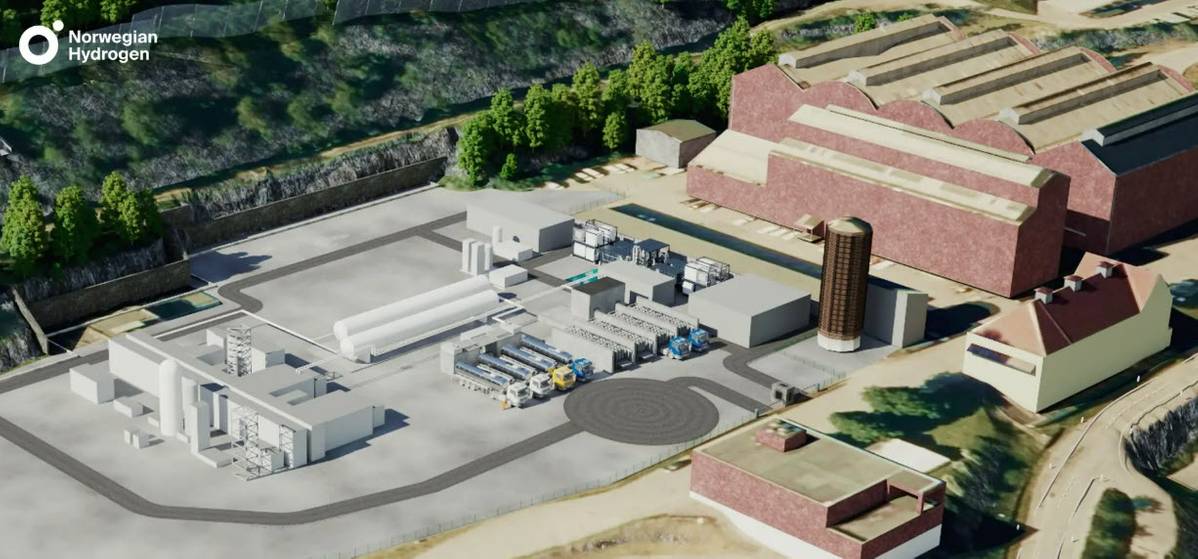European Commission Funds 15 Renewable Hydrogen Projects for Maritime Sector
Key Ideas
- The European Commission has selected 15 renewable hydrogen projects for funding, including three for the maritime sector, aiming to produce 2.2 million tonnes of renewable hydrogen over a decade.
- These projects, receiving €992 million in EU funding, will help avoid 15 million tonnes of CO2 emissions, with some projects supported by additional funding from Innovation Norway.
- Part of the EU's Innovation Fund, the selected projects are expected to bring down the cost of renewable hydrogen production and promote its use in various industries, including transportation and chemical production.
- To ensure timely implementation, the projects are required to reach financial close within two and a half years after the grant agreements are signed and start producing renewable hydrogen within five years.
The European Commission has announced the selection of 15 renewable hydrogen production projects for public funding, with a particular focus on supporting the maritime sector. These projects, spread across five countries, aim to collectively produce almost 2.2 million tonnes of renewable hydrogen over a period of 10 years. This initiative is projected to result in a reduction of over 15 million tonnes of CO2 emissions, contributing significantly to climate change mitigation efforts. The funding, totaling €992 million, is sourced from the EU's Innovation Fund, which is part of the EU Emissions Trading System (ETS).
Three of the selected projects specifically target providing fuel for ships, marking a significant step towards decarbonizing the maritime industry. This move is also supported by additional financial backing from Innovation Norway, highlighting a collaborative effort to accelerate the adoption of renewable hydrogen in various sectors.
The projects vary in scale and scope, encompassing sectors like transportation, chemical production, methanol, and ammonia manufacturing. By promoting the use of renewable hydrogen in these industries, the projects aim to drive innovation, reduce carbon footprints, and pave the way for a more sustainable energy future.
To ensure the successful implementation of these projects, the European Commission has set stringent timelines. Grant agreements are expected to be finalized with the selected projects by September/October 2025. Once signed, the projects are mandated to achieve financial closure within two and a half years and commence renewable hydrogen production within five years. This emphasis on prompt action underscores the commitment to swiftly transitioning towards a greener and more environmentally friendly energy landscape.
Topics
Production
Renewable Energy
EU Funding
Maritime Industry
CO2 Emissions
Innovation Fund
Green Growth
Grant Agreements
Norwegian Projects
Latest News
